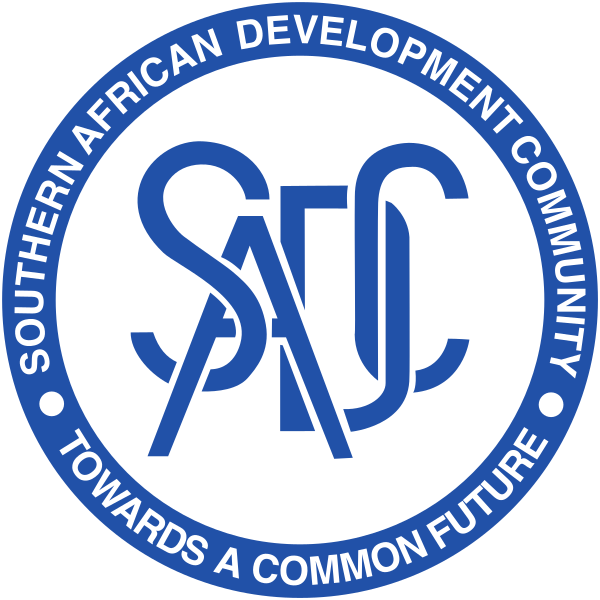In Malawi, Dr. Grace Kaudzu is working to shape her nation’s future – one seed at a time.
Why should women have a prominent role in Malawi’s agriculture future? According to Dr. Grace Kaudzu, Team Leader for the Seed Certification and Quality Control for the Ministry of Agriculture’s Seed Services Unit (SSU), the answer is simple. “Women are the ones who put food on the table every day. They also represent 40 percent of Malawi’s farming community and are willing to grow neglected crops that men ignore. When it comes to agriculture, women should not just be sitting at the family table, but be a heard voice at the policy table.”
Dr. Kaudzu’s parents are small-scale farmers, but that is not what inspired her enthusiasm for agriculture. “My interest in agriculture began when I started working with seeds in Malawi’s Department of Agriculture Research Services (DARS). I realized you can’t grow anything without seed. A farmer can have good land, fertilizer and water, but without seed, they cannot grow anything. And beyond that, it needs to be the right kinds of seed combined with proper management to produce an abundant yield.” This realization drove Dr. Kaudzu to Iowa State University (ISU) in the United States where she earned her PhD specializing in Seed Science, and gained important experience through her work at the largest public seed testing laboratory in the world – the ISU Seed Science Center.
With that knowledge and experience, she returned to Malawi and now plays a key leadership role in helping her country implement the Southern African Development Community’s (SADC) Harmonized Seed Regulatory System (HSRS). The HSRS is a SADC-wide policy that establishes elevated standards for seed production and trade among all 16 SADC nations, allowing for improved, high-quality seed to quickly move across national borders. To date, Malawi has signed the SADC Memorandum of Understanding (MoU) for the SADC HSRS, and has made significant progress toward domestication of all three elements of the regional policy: Variety Release, Seed Certification and Quality Assurance, and Quarantine and Phytosanitary Measures for Seed. By the end of 2021, it is anticipated that Malawi will enact a Seed Bill, making them only the second SADC nation to fully domesticate the HSRS along with Zambia. “In my work with the Feed the Future Southern Africa Seed Trade Project, we have been able to facilitate speedy alignment of the country’s seed legislation to the HSRS based on the Project’s excellent policy advice, and have improved implementation of seed certification and quality control through the Project’s capacity-building support. Further, the Seed Trade Project has established an Online Seed.
Certification System, which has received tremendous accolades from Malawi’s seed industry and significantly reduced the amount of paperwork the SSU must handle.”
To realize full domestication of the SADC HSRS, Dr. Kaudzu is also pushing hard and actively advocating for women, not only to be part of the conversation, but also to be taken seriously. “With women representing nearly half of all farmers, they have a role in decision-making. In order to improve agriculture, all components of the value chain must be strengthened. For instance, in seed systems, it is not enough to have improved crop varieties without seed multiplication, processing and distribution. Further, for more crop varieties to develop, farmers (both men and women), should be able to sell any surplus produced from use of high-quality seed to be able to buy more certified seed which will ultimately drive the seed system. This is true with any improved agriculture technology”.
Dr. Kaudzu’s drive toward more equitable systems is not just about women having a voice, but also granting them access to the benefits of these systems. “If we can create equitable systems, the benefits are numerous for everyone including greater investments by the seed sector to develop superior crop varieties; new markets for farmers and seed companies; increased seed production and access to a greater portfolio of improved seed; and increased employment opportunities, particularly for women.”
But there are real challenges with women becoming an integral part of these systemic changes, and in turn, reap these benefits. “Decisions made by women are considered not good enough and are often minimized. There have been meetings I’ve sat in where I’ve made great contributions, and it’s only until a man says the same thing, that the ideas are considered. It’s unfair. But as a regulator, I have always stood by my decisions as long as they are supported by legislation, and that’s another reason I am doing everything I can to move the Seed Bill along. There are also preconceptions that women can’t execute on programs, as well – they are deemed “too busy” with household duties. But I have always insisted on being given the chance and have performed better than my male colleagues.”
Despite these challenges, Dr. Kaudzu believes firmly that agriculture is an exciting and satisfying career for women to enter, offering huge potential to improve their livelihoods. “Women are patient, good educators and fast learners. They can do everything from de-tasseling seed parents in hybrid seed fields and hand-grading legume seeds to disseminating information about the Harmonized Seed Regulatory System. Their involvement could be a game-changer in the scale-up, implementation and adoption of improved agriculture technologies, like improved crop varieties and agronomic practices. They are critical to making Malawi a healthy, food-secure nation.”

